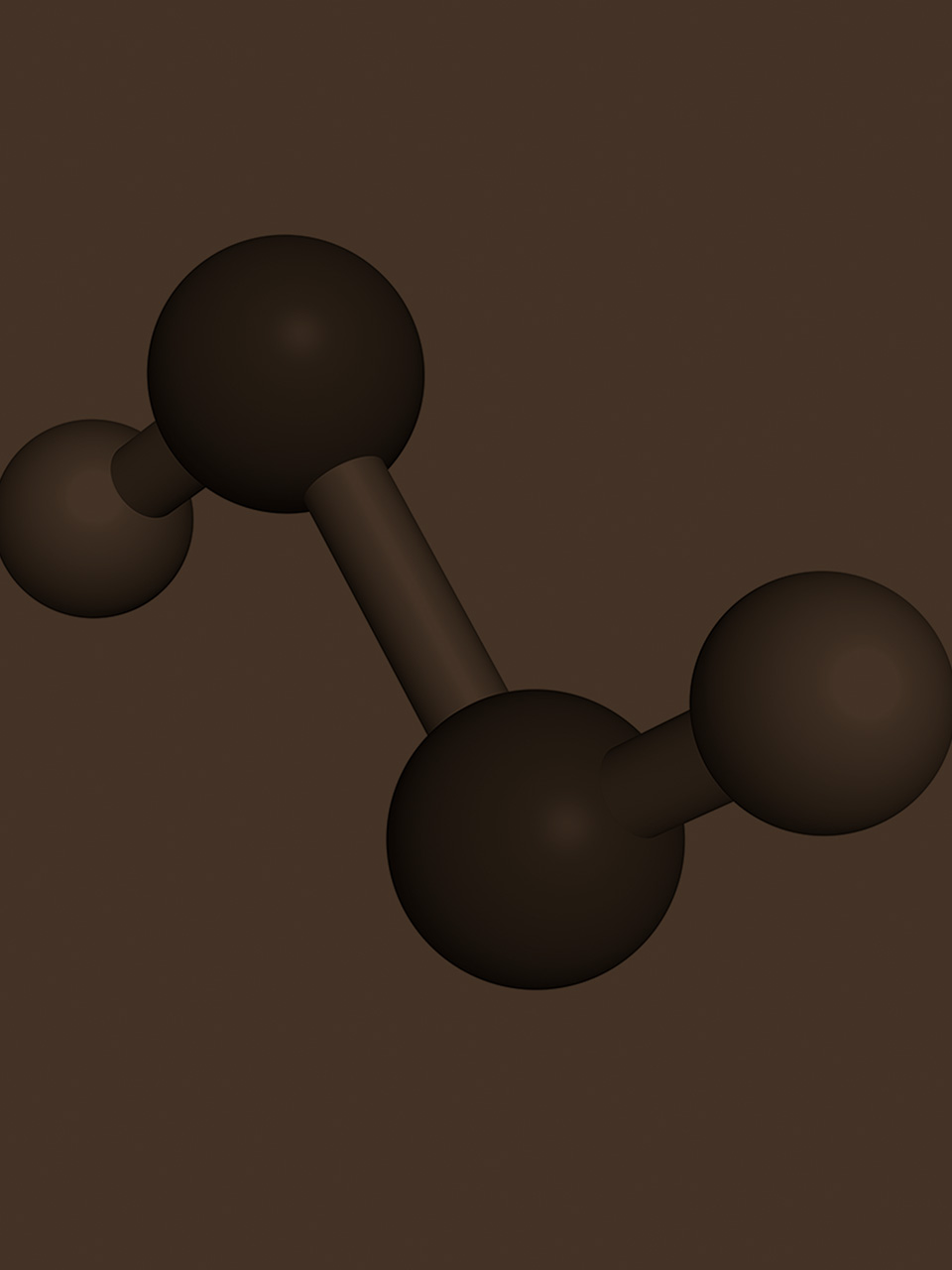
Tap to Read ➤
Hydrogen Peroxide Therapy
Buzzle Staff


Hydrogen peroxide is used in bio-oxidative therapies due to its strong oxidizing properties. Read on to find an overview of hydrogen peroxide therapy.

Hydrogen peroxide is a compound which is formed by the chemical union of hydrogen and oxygen. It consists of two atoms of hydrogen and two atoms of oxygen. Its chemical formula is H2O2. Since its structure is somewhat similar to that of water, it appears to be colorless. H2O2 is quite unstable in its pure form.

It easily breaks down into water and oxygen on being heated. The uses of H2O2 are numerous. It is a potent bleaching agent. It is also used as a propellant in rockets. Since it can be very volatile in its concentrated form, it must be used in its diluted form.

Its use is also being popularized by proponents of bio-oxidative therapy. This branch of medicine involves the application of the principles of oxidation for the purposes of treating medical conditions.

The proponents of bio-oxidative therapy believe that the introduction of oxygen in the body by intravenous administration of H2O2 may help in destroying the disease-causing anaerobic bacteria and viruses.

However, there is a lack of consensus in the medical community regarding the efficacy of hydrogen peroxide therapy. There's a need to corroborate the claimed benefits of using H2O2 and O3 (ozone) with concrete scientific evidence.

Hydrogen Peroxide in Bio-oxidative Medicine
H2O2 was used in the early twentieth century for treating medical conditions such as influenza, pneumonia, cholera, typhoid, asthma and whooping cough. As advancements were made in the field of medicine, newer drugs began to be used for the treatment of medical conditions. However, a section of medical experts who believed that H2O2 can help in treating serious diseases continued to conduct studies on the effects of H2O2 and O3. Extensive research on this subject was conducted by Dr. Charles Farr.

Dr. Farr was the first person to use the term 'Bio-oxidative medicine' in 1986. He was nominated for the Nobel Prize in medicine for his research in 1993. Dr. Farr conducted a study in which he gave intravenous infusions of H2O2 to patients suffering from 'Type A/Shanghai Influenza' in 1989-90.

Since the condition of the patients improved, he continued with the study on the therapeutic uses of medical grade H2O2. Dr. Farr came to the conclusion that H2O2 had a stimulatory effect on the immune system.

Since then, many studies have been conducted to analyze the effect of H2O2. Some of the studies suggest that bio-oxidative therapy may prove beneficial in the treatment of infections and medical conditions such as pulmonary disease, emphysema, arteriosclerosis, gangrene, asthma and cancer.

Is Hydrogen Peroxide Therapy Safe?
Though the proponents of this therapy state that H2O2 is not a foreign substance as it is produced in the body, FDA doesn't approve the use of products that contain high-strength H2O2. Since pure H2O2 is caustic in nature, it may cause untoward side effects if it is not taken as per the recommended concentration. Intravenous infusions can also cause nausea, chills, inflammation of vein or shortness of breath.

FDA had also issued a warning regarding the side effects and risks involved in this therapy. In fact, in 2005, a patient in South Carolina died a few days after intravenous infusions. In 2006, a child died after ingestion of high strength H2O2. Those who are taking it orally must be very careful. Though a food grade 35% H2O2 is recommended for internal use, it must always be diluted before use. For external use, it would be best to dilute the 3% H2O2.

While practitioners of alternative healing therapies believe that such intravenous infusions may be a good alternative to the conventional cancer treatment options, there is a lack of evidence that proves the effectiveness of this therapy. The advocates of bio-oxidative therapy state that cancer cells grow in a acid media or a low-oxygen environment.

The introduction of H2O2 in the body stimulates oxidative enzymes in the body which in turn help in flushing out the toxins. It promotes oxygen-based metabolism, thereby destroying the cancer cells. However, these claims have been rejected.

According to the American Cancer Society, there is no scientific evidence that proves H2O2 to be a safe, effective or useful cancer treatment.

On a concluding note, concrete evidence is needed for proving the effectiveness of bio-oxidative therapy. While practitioners of alternative medicine may make tall claims about this oxygen-based treatment, there are others who refute their claims.

So, if you are planning to undergo this therapy, you must learn all about the risks involved. It would be best to seek the advice of a reputed doctor so that you can take a well-informed decision.